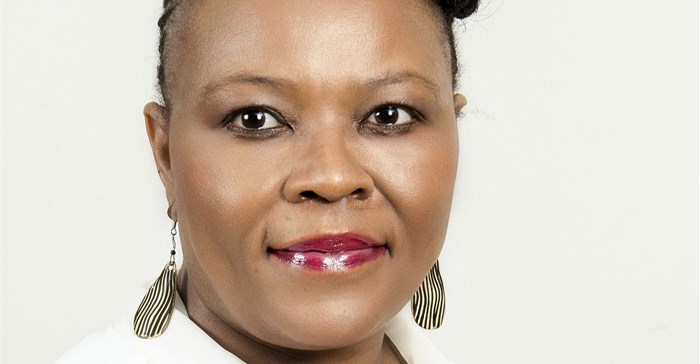
Subscribe & Follow
#AfricaMonth
Jobs
- Bookkeeper George
- Junior Accounts Clerk Cape Town
- Senior Accountant Brackenfell
- Bookkeeper Stellenbosch
- Audit Supervisor Randburg
- Professional Accountant Randburg
- Senior Bookkeeper - Half Day Babelegi
In the news
Saipa questions inclusion of professional accountants in Fica schedule

Accountable institutions
Institutions identified in Schedule 1 to the FICA include lawyers, estate agents and banks and in Schedule 3 include motor vehicle dealers and dealers in Kruger rands.
The act requires that accountable institutions register with the Financial Intelligence Centre (FIC), that they disclose the identity of their clients to the centre, train their employees, appoint a compliance officer, draw up a risk register and plans to mitigate the risks, give them additional recordkeeping duties, and oblige them to report to the FIC.
Saipa has raised concerns in terms of the compliance burden that will now go way beyond the existing obligation to report suspicious transactions or activities. The latest proposals will impact on the administrative and financial burden of especially small practices and people running their own businesses.
Legislative alignment
The “overly broad” wording of the proposal is upsetting. It also appears to be in conflict with existing legislation such as the Companies Act. In terms of the act a person can register his own company by simply registering with the Companies and Intellectual Properties Commission.
Saipa is not shunning its responsibility as a regulatory body, but it does request much more clarity on some of the wording, to understand the impact of the proposals. Questions which beg answers are whether there will be monetary thresholds or number of employees which may exclude some of the smaller firms from this heavy compliance burden, whether there will be financial or administrative assistance if smaller firms are not excluded, and what exactly defines “assisting” a client.
What will be an accountable institution
According to the FIC, any person who carries on a business of preparing for or carrying out transactions for a client concerning the following activities will be considered an accountable institution:
- assisting a client in the planning or execution of the buying or selling of immovable property; the buying or selling of a business; the opening or management of a bank, investment or securities account; the organisation of contributions necessary for the creation, operation or management of a company outside South African; the organisation of contributions necessary for the operation or management of a close corporation; the creation, operation or management of a company or a close corporation; and the creation, operation or management of a trust outside the country;
- representing a client in any financial transaction;
- assisting a client in disposing of, transferring, receiving, retaining, maintaining control of or in any way managing any property; or
- assisting a client in the management of any investment.
Money launderers and accountants
According to the FIC professional accountants are “particularly useful” for money launderers when it comes to the seeking of financial and tax advice to reduce their tax liabilities or to place vast amounts of proceeds.
They also approach professional accountants to help with the setting up of companies and trusts to hide the proceeds of crime and the perpetrator of crime. They also use property transfers as a cover to move illegal funds and they use accountants to get access to financial institutions.
Saipa believes there are solutions to deal with concerns raised by the FIC, but that the current proposal is a kneejerk reaction to the behaviour of unscrupulous practitioners.
However, if the proposal is accepted as it is accountants who are awarded the professional accountant designation by the institute must be aware that they will be considered an accountable institution. They will have to comply with the requirements set out in the Fica schedule.
However, Saipa is of the view that the obligations that will be placed on a professional account is to become a forensic investigator and an auditor – all in one.
The FIC is of the opinion the inclusion of professional accountants will improve its capability for producing “better quality and more substantive financial intelligence reports” for use in solving crime.
A concern is whether the FIC will have the capacity to give due regard to all the new sources of information.
About Faith Ngwenya
Faith Ngwenya is the technical executive at the South African Institute of Professional Accountants (Saipa)Related
Former Mauritius central bank governor charged with fraud, released on bail 10 Apr 2025 No NGOs under investigation for money laundering, terror financing 11 Mar 2025 Navigating global regulations to enhance BPO data governance 19 Feb 2025 Managing third-party risks for DORA in financial services 10 Feb 2025 #MiningIndaba: Global Tailings Management Institute launched to make mines safer for all 7 Feb 2025 #MiningIndaba: White paper explores whether Mining Charter is ESG change agent or stumbling block 4 Feb 2025










